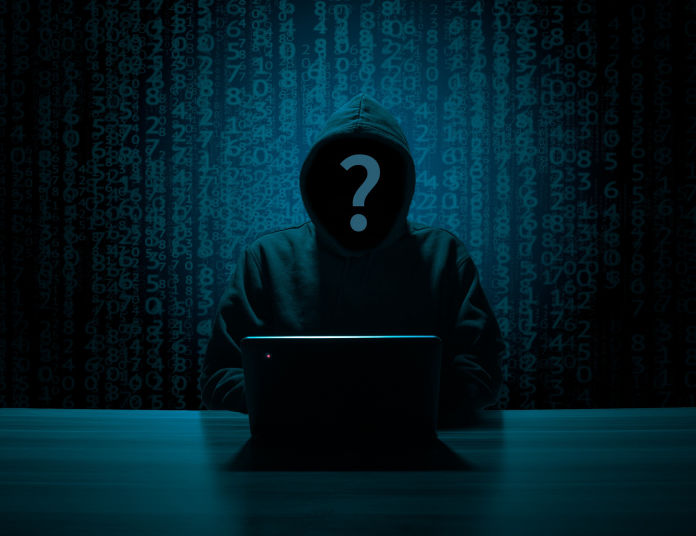Cybersecurity Safety Class
Making Internet Safety Simple
Statistics show that last year, nearly one in three Americans was a victim of some form of cybercrime. These aren’t just faceless, distant people; these are friends, relatives, coworkers – victims of cyber threats who thought, “It’ll never happen to me.” The number one way these attackers gain access? Through simple scams and vulnerabilities in your everyday online activities. Don't wait until you or a loved one becomes a statistic. Empower yourself with knowledge and preemptive action. Enter the Cybersecurity Internet Safety Class led by Robb McMahan, a Certified Ethical Hacker (CEH). As frightening as the term 'hacker' might sound, ethical hackers possess identical abilities and methods to stop evil hackers. Robb uses his skills to help individuals like you stay safe online.
There is no need to fear technical jargon or hard-to-understand software terms in this class. Robb shows real examples of email and hacks that anyone can understand. You don't have to be technologically inclined to understand how to stay safe from hackers. This course encases useful internet safety concepts into bite-sized, easy-to-understand information.
By the end of the course, you'll understand how scammers can get into your email, Facebook, or bank accounts and how you can stop them. You'll also learn the tricks of the trade criminals use, so you can spot a scam before they have a chance to attack.
Register now. Space is limited.

